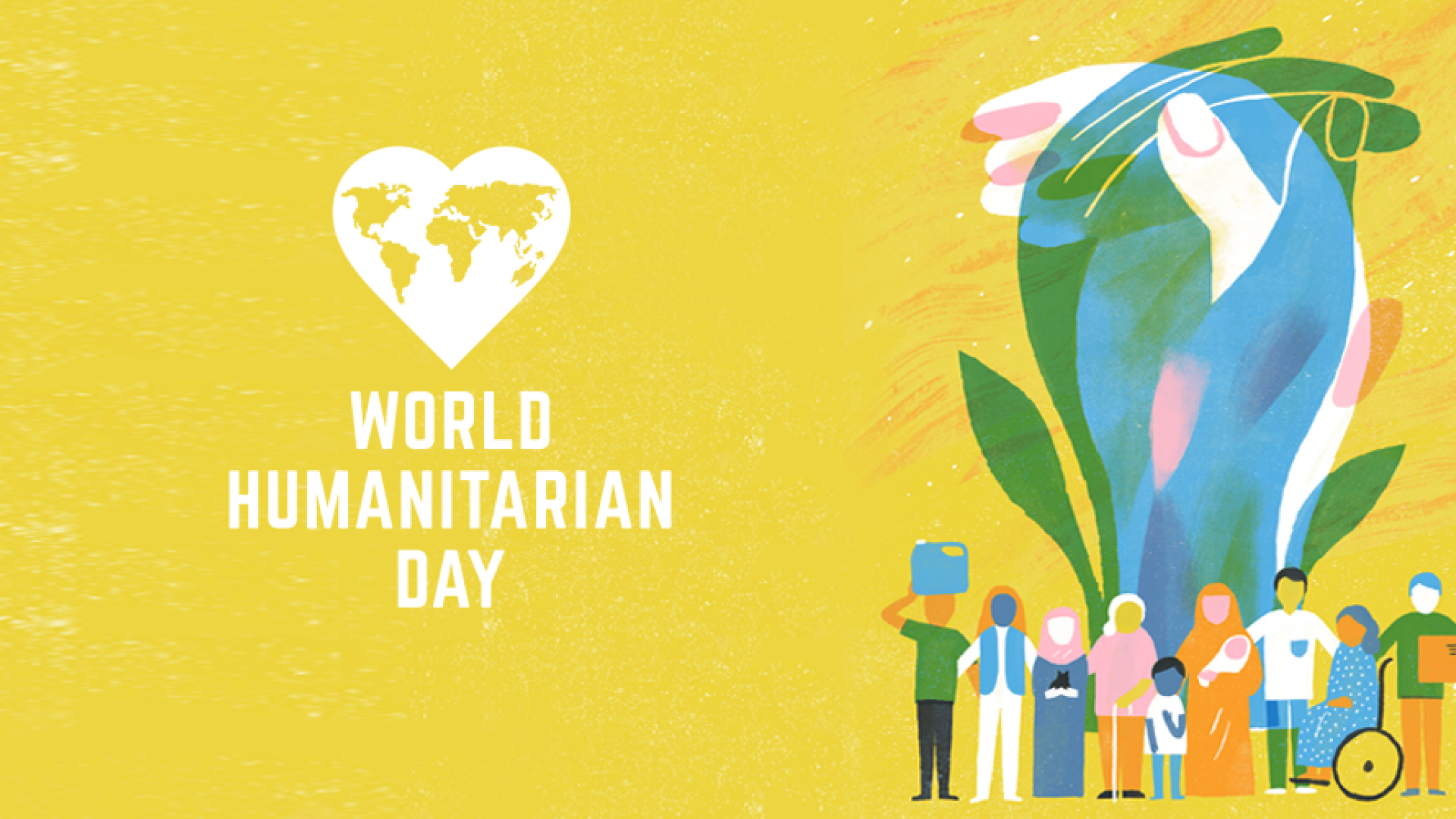Dr Bilawal Kamran
World Humanitarian Day is a day to honour and celebrate the work of humanitarians who risk their lives to help people in need, no matter the danger or the hardship. It is also a day to raise awareness and advocate for the protection and dignity of people affected by crises and for the safety and security of aid workers. The significance of World Humanitarian Day can be evaluated from different perspectives, such as its historical background, legal recognition, moral value, and contemporary relevance.
World Humanitarian Day was established by the United Nations General Assembly in 2008, five years after the tragic bomb attack on the UN headquarters in Baghdad, Iraq, that killed 22 humanitarian workers, including the UN Special Representative of the Secretary-General for Iraq, Sergio Vieira de Mello. The attack was one of the deadliest incidents in the history of humanitarian work, and it highlighted the need for tremendous respect and protection for those who serve in conflict zones. World Humanitarian Day commemorates the sacrifice and courage of those who lost their lives in the line of duty and paid tribute to those who continue to serve in challenging and dangerous situations.
World Humanitarian Day is a resolution adopted by the UN General Assembly, one of the six principal organs of the UN and the only one where all member states have equal representation. The resolution calls on all member states and other parties to respect and implement international humanitarian law and human rights law, which are the legal frameworks that regulate humanitarian action and protect civilians and aid workers in armed conflict. The resolution also urges member states and other parties to ensure complete and unimpeded access for humanitarian personnel to assist people in need and to prevent attacks against them.
Please visit republicpolicy.com and subscribe it.
World Humanitarian Day represents a universal recognition of the inherent dignity and worth of every human being, regardless of race, sex, religion, nationality, or any other status. It affirms that human rights are based on natural law or natural justice, inherent in human nature and not dependent on positive law or social recognition. It also expresses a common understanding of these rights and freedoms, which are interrelated, interdependent and indivisible. It establishes a minimum standard of treatment that every person is entitled to expect from their governments and from each other. World Humanitarian Day also promotes a culture of respect for human rights, which requires education, awareness-raising, dialogue, cooperation and solidarity.
Please, subscribe the magazines of republicpolicy.com
World Humanitarian Day remains relevant and essential in addressing the challenges and opportunities that face humanity in the 21st century. World Humanitarian Day provides a platform for highlighting the humanitarian needs and priorities of different regions and populations, such as refugees, displaced persons, women, children, minorities, indigenous peoples, persons with disabilities, etc. It also showcases the achievements and innovations of humanitarian work in various sectors and domains, such as health, education, food security, water and sanitation, protection, shelter, etc. It also mobilizes support and resources from various stakeholders, such as governments, donors, civil society organizations, media outlets, celebrities, etc., to fund and implement humanitarian programs and projects.
The significance of World Humanitarian Day can be seen from various angles: historical background; legal recognition; moral value; contemporary relevance. World Humanitarian Day is not just a symbolic gesture or a ceremonial occasion; it is rather a living expression of the humanitarian spirit that drives humanitarians to save lives and alleviate suffering. It is also a dynamic platform that evolves with changing circumstances and needs. It is, therefore, up to us to uphold its principles and provisions in our own lives and actions. Lastly, Pakistan should translate the spirit of the humanitarian day into the social and state affairs.
Please subscribe the YouTube channel of republicpolicy.com
















